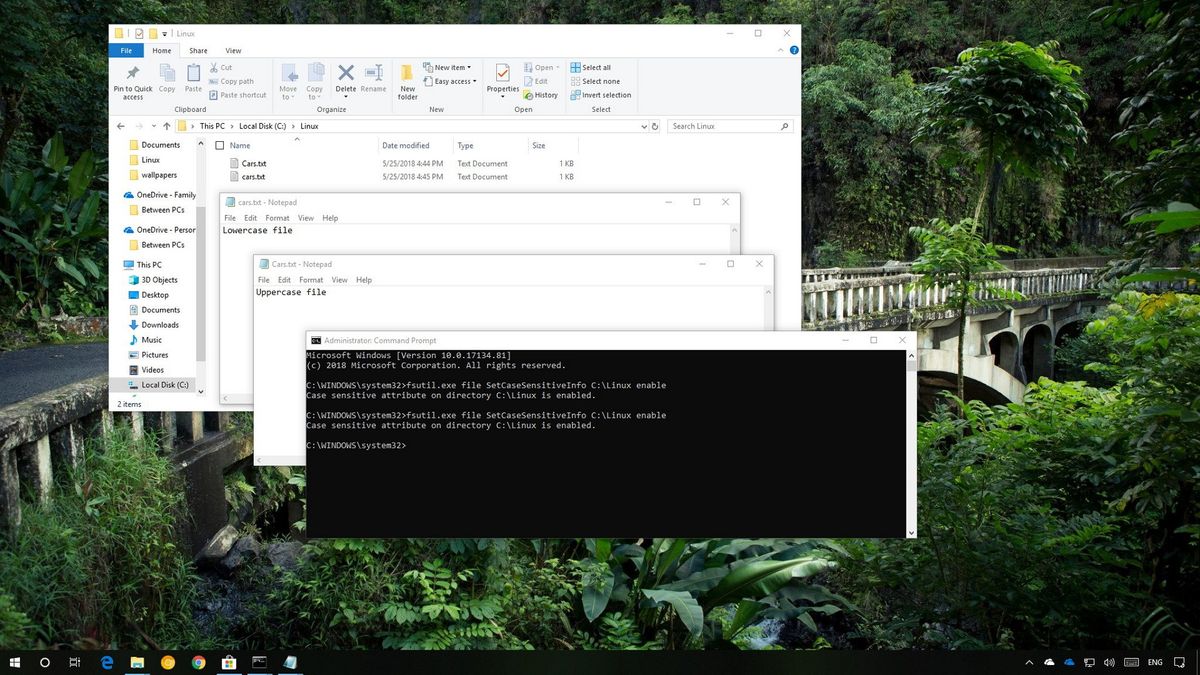Originally posted by xfcemint
View Post
Read my prior post. There are windows applications out there that expect case sensitive. Can be kind of important when you are putting like checksums letter encoded in filenames.



Leave a comment: